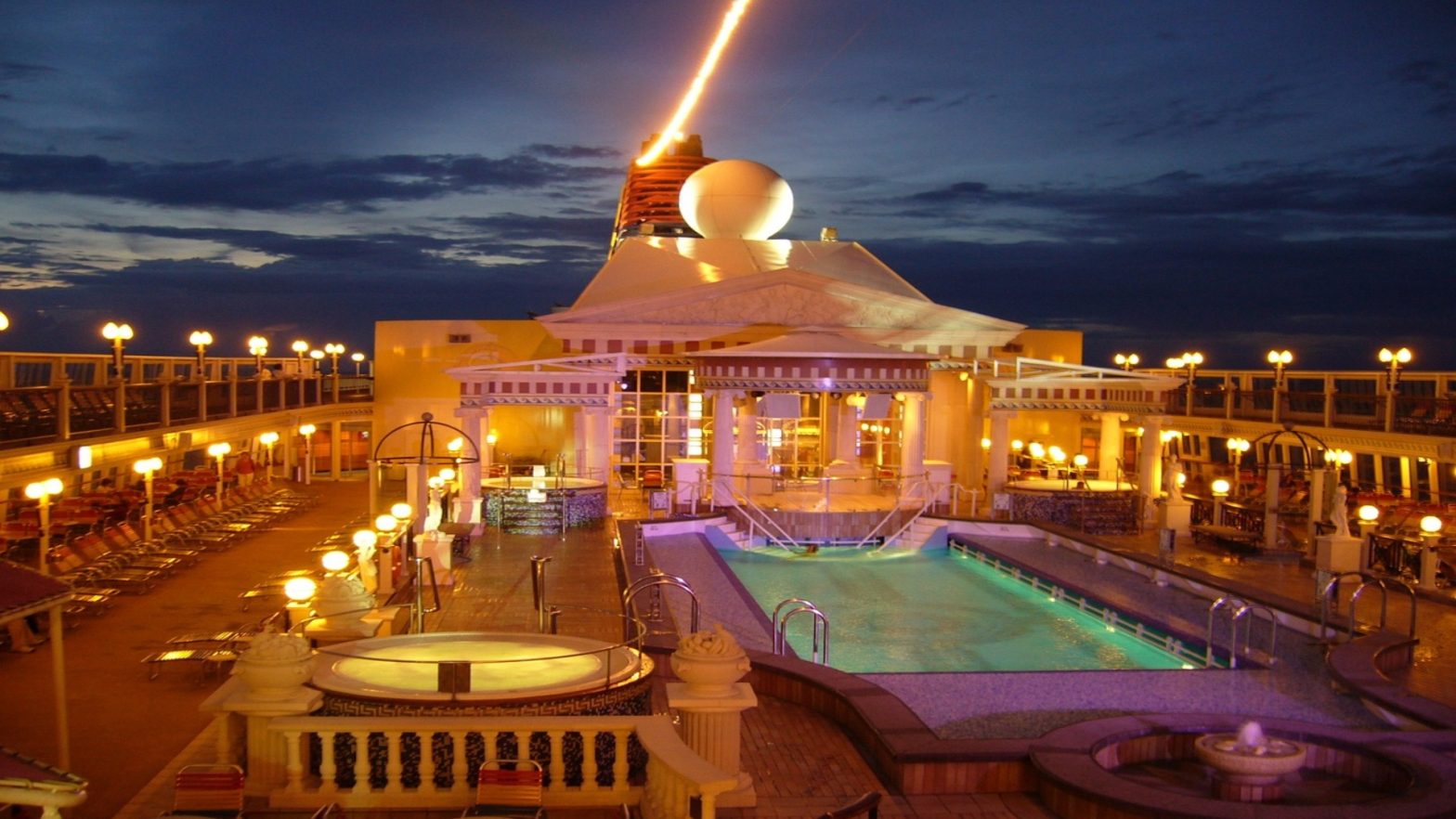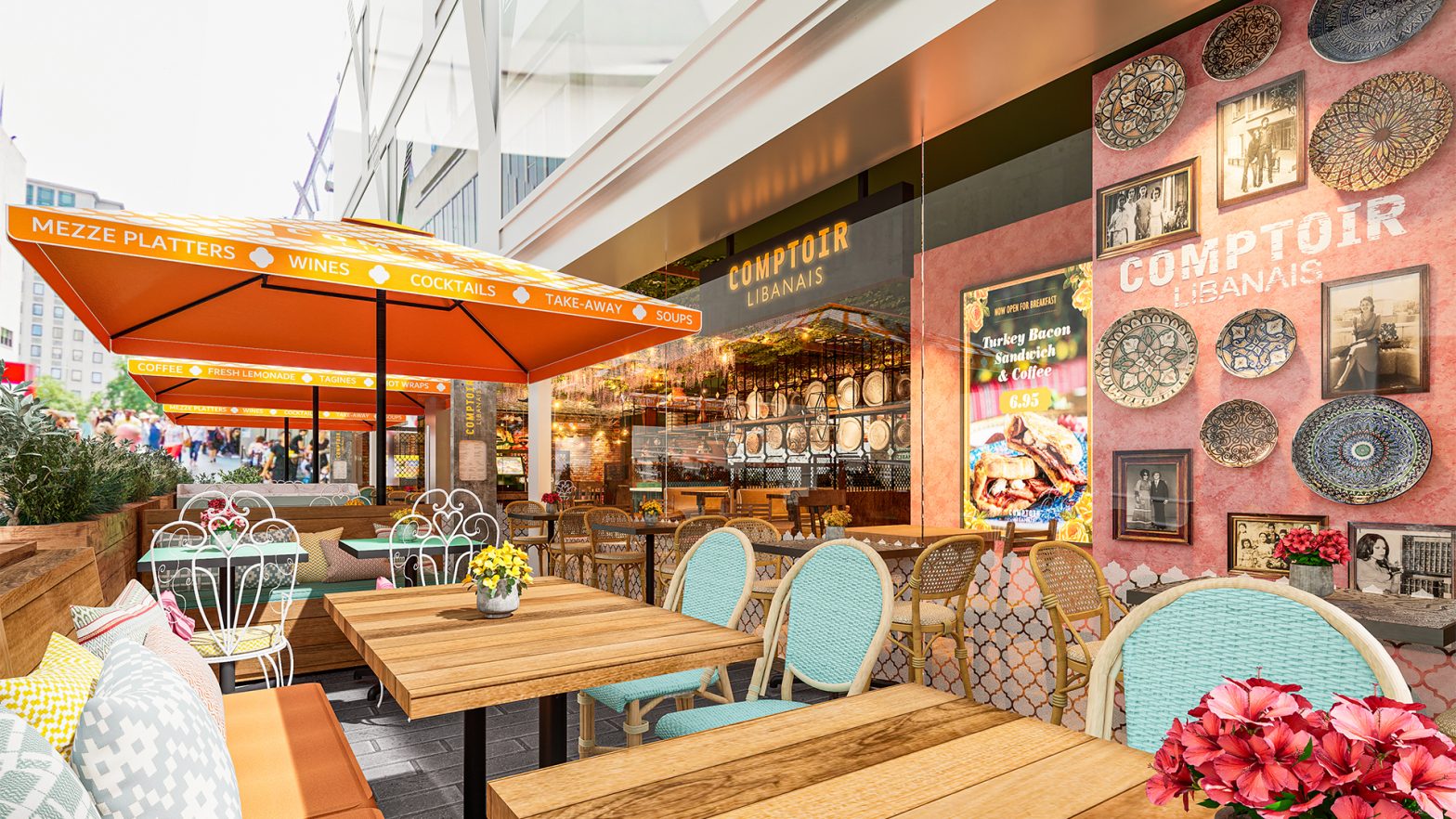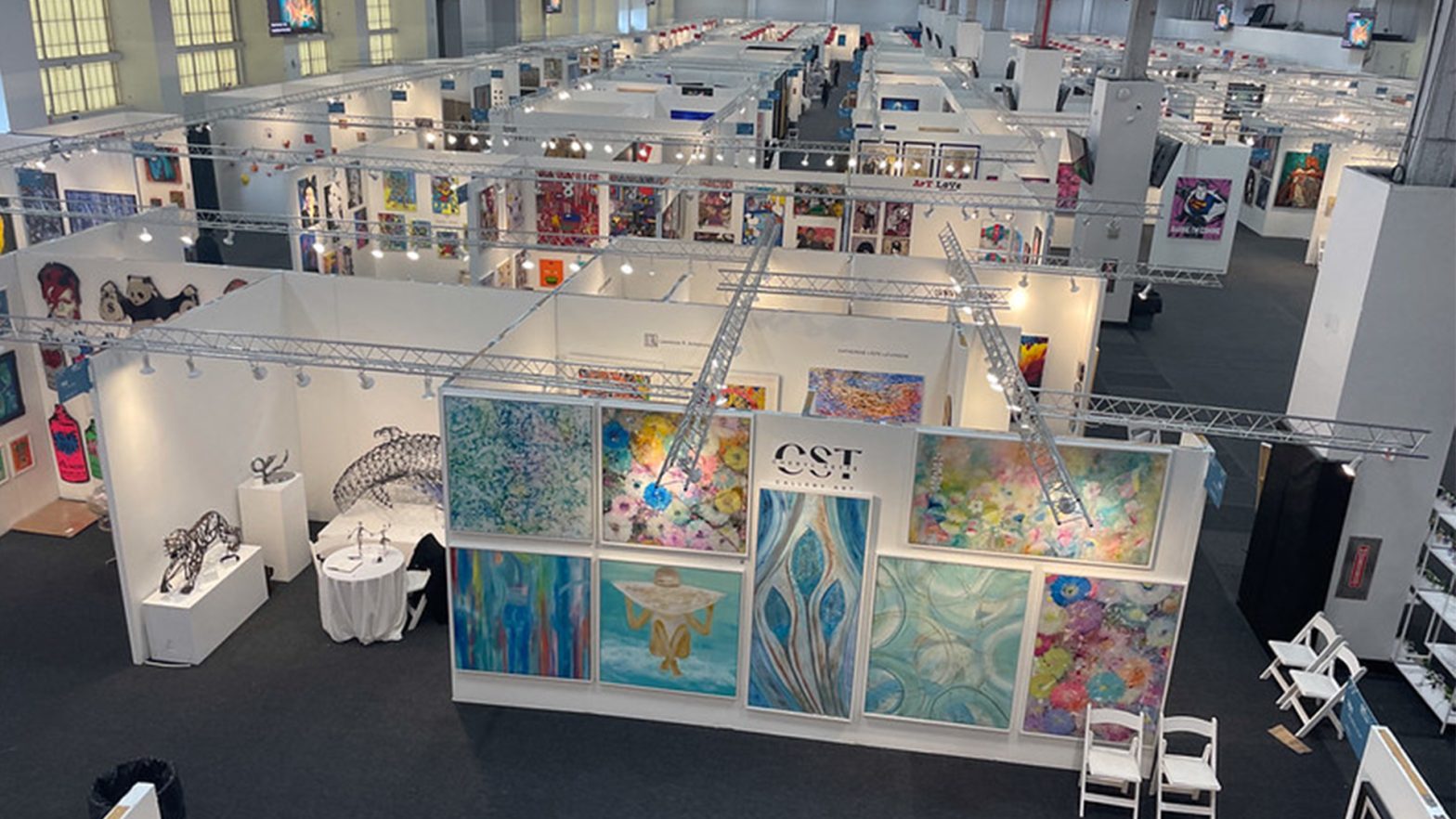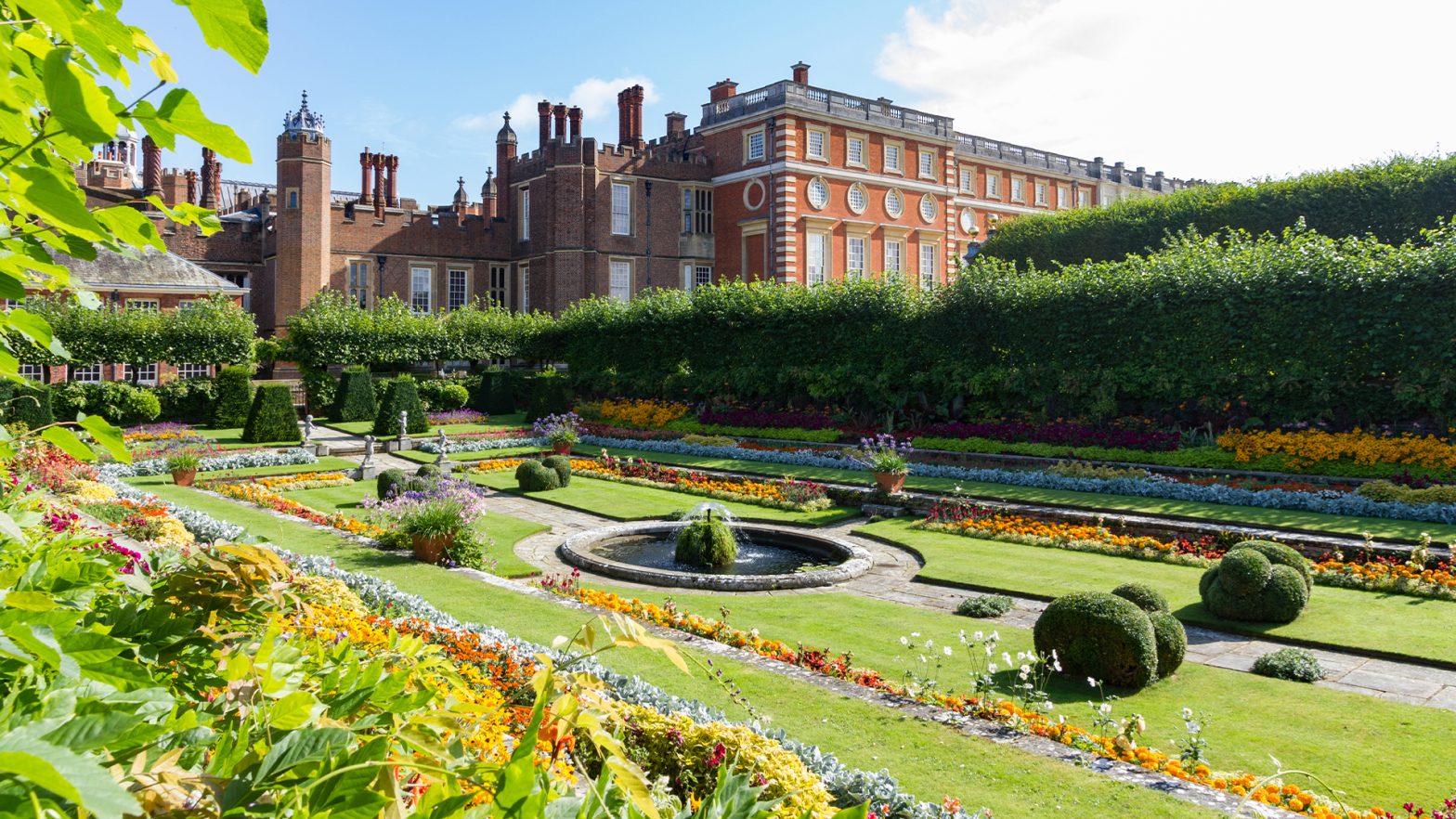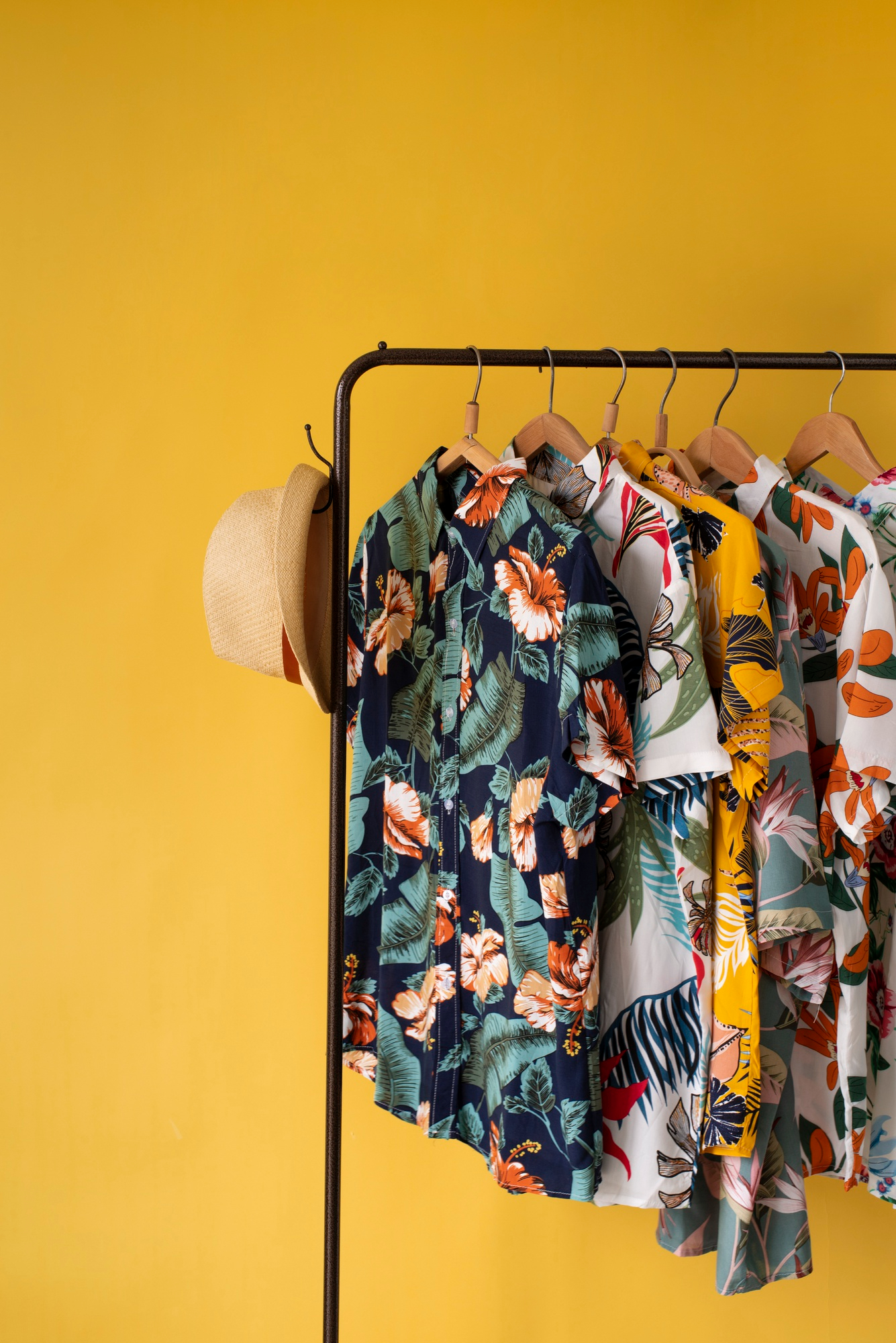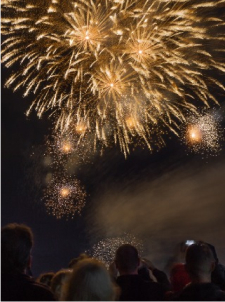In the intricate dance of prosperity and personal preference, there’s a fascinating phenomenon at play: as individuals’ financial landscapes expand, so too does their palate for luxury, refinement, and exclusivity. This evolution in taste is not merely a matter of acquiring more expensive items; it’s about how increased financial means transform perceptions, values, and desires. This article delves into this transformation, exploring the various dimensions in which wealth accumulation reshapes personal tastes.
Beginning the Journey: From Convenience to Customisation
For many, the initial stages of financial growth are marked by a transition from seeking convenience and cost-effectiveness to valuing customization and uniqueness. In the realm of consumer goods, this might manifest as a shift from generic brands to designer labels. For instance, in the world of fashion, one might move from high-street brands to bespoke tailoring. This change is underpinned by a desire for items that not only serve a function but also convey a certain status and personal style.
Data Insights: The Luxury Market’s Response to Wealth Accumulation
The correlation between wealth and luxury preference is more than anecdotal. According to a report by Bain & Company, the luxury market grew by 5% in 2019 to an estimated €1.3 trillion globally, with personal luxury goods reaching an estimated €283 billion in 2020. This growth aligns with increasing global wealth, particularly in emerging economies.
Similarly, a study by Deloitte on global luxury consumers reveals that high-net-worth individuals tend to gravitate towards brands that offer bespoke experiences. It’s not just about owning a luxury item; it’s about engaging in a process that feels personal and exclusive.
Digital Revolution: Aiding the Evolution of Taste
The digital age has significantly influenced this evolution of taste. Online platforms have democratized access to luxury goods and experiences. They provide a wealth of information, enabling consumers to make more informed decisions about their luxury purchases. Digital platforms have also made it easier for consumers to invest in an ISA, facilitating financial growth and, by extension, further enabling an elevated lifestyle.
Experiential Luxury: The New Frontier
As wealth accumulates, the appetite for unique experiences becomes more pronounced. Luxury travel is a prime example. High-end travel experiences are the fastest-growing segment in the luxury market, and it is expected to grow by 6.7% from 2024 to 2023. Affluent individuals are increasingly seeking out rare, authentic experiences over standard five-star accommodations. This could include staying in a restored historic castle, a private island retreat, or a bespoke wildlife safari.
In the culinary world, this translates into dining experiences that are as much about the ambiance and exclusivity as they are about the food. Private chef dinners, wine tastings in exclusive vineyards, and meals at secret locations are becoming more popular among the affluent.
The Role of Wealth in Art and Collectibles
Art and collectibles offer another fascinating insight into how wealth shapes taste. As individuals become more financially secure, they often develop an interest in art not just as a form of decoration but as an investment and a status symbol. Art Basel’s annual report showed that global art market sales reached $67.4 billion in 2018, with private sales at major auction houses growing by an impressive 10-15%. The art market is nuanced, with value not just based on aesthetic appeal but also on the artist’s reputation, the piece’s history, and its rarity.
Collectibles such as vintage cars, rare wines, and antique watches follow a similar pattern. Wealth not only enables the acquisition of these items but also fosters a deeper appreciation for their history, craftsmanship, and potential for value appreciation.
The Psychological Aspect: Wealth and Identity
The evolution of taste with wealth accumulation is deeply psychological. As individuals’ financial status grows, their self-identity often evolves alongside it. This psychological shift is pivotal in understanding why tastes evolve with wealth accumulation. A study in the Journal of Consumer Research indicated that consumers’ tastes for luxury goods are significantly influenced by their sense of identity and the social groups they aspire to belong to.
Conclusion
The relationship between wealth and taste is complex and multifaceted. It’s a journey that encompasses a shift from the functional to the exclusive, from the mass market to the bespoke, and from uninformed consumerism to educated, sophisticated choices. This evolution is not just about financial capability; it’s about how changing financial circumstances reshape an individual’s worldview and self-identity.
The pathway from wealth accumulation to refined taste is nuanced, influenced by a myriad of factors including market trends, digital accessibility, psychological shifts, and an inherent human desire for exclusivity and personalization. As individuals grow their wealth, they invariably seek out the rare, the unique, and the extraordinary, not just in what they purchase, but in the experiences they seek and the lifestyle they cultivate.












